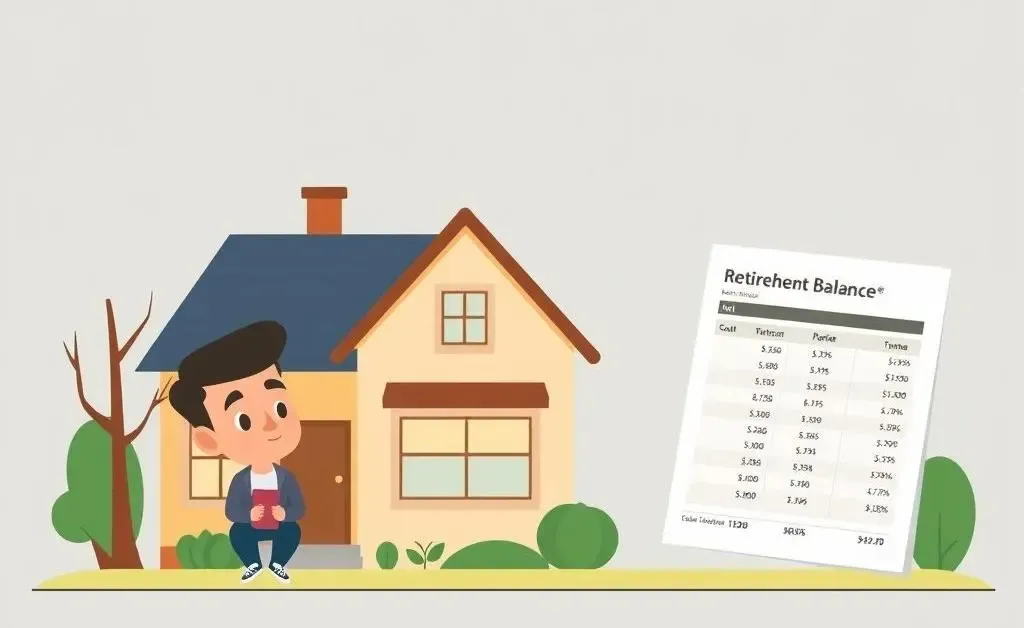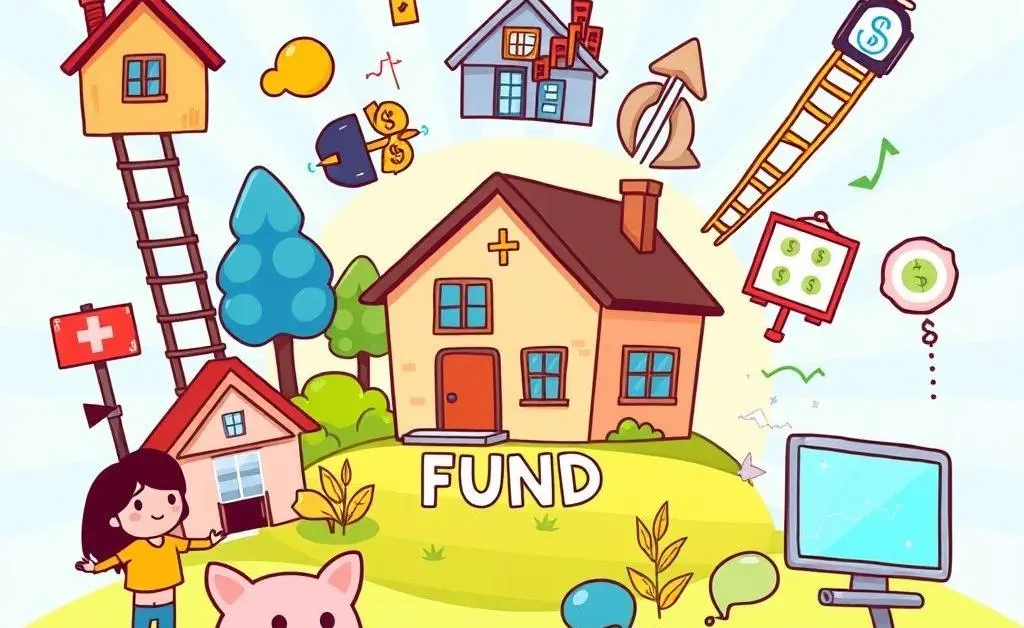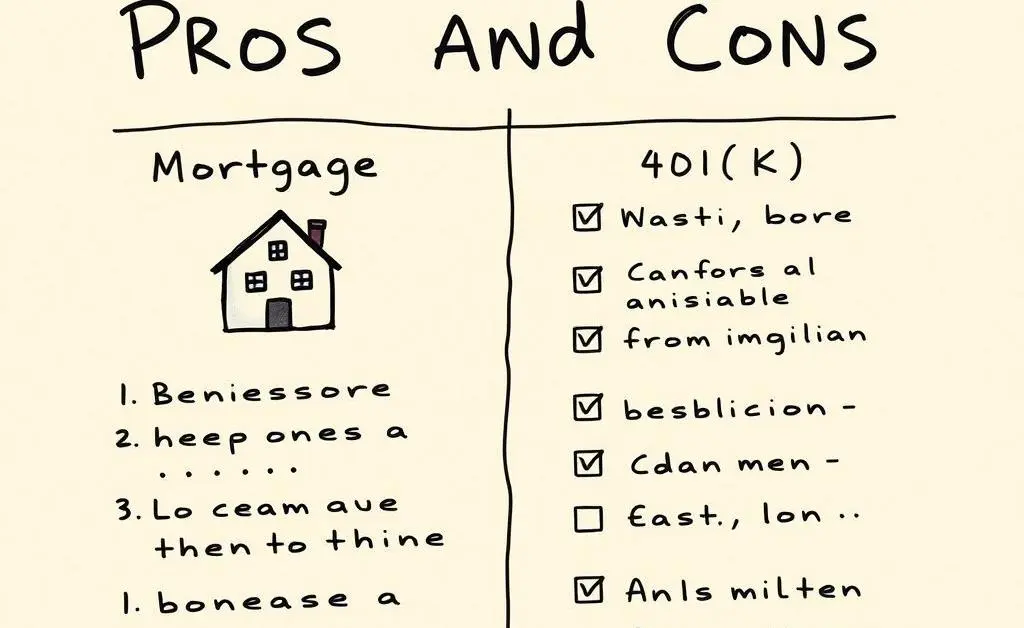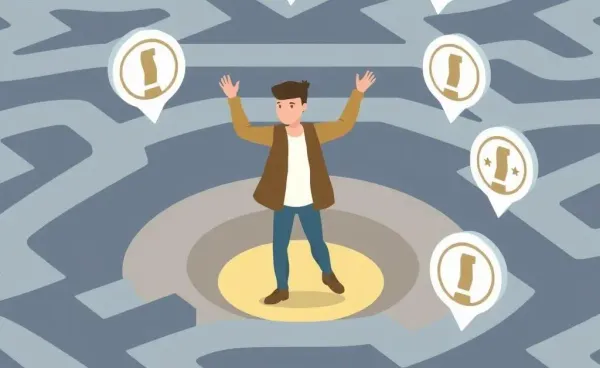Should You Pay Off Your Mortgage With Your 401(k)? What You Need to Know
Exploring the pros and cons of using your 401(k) to pay off a mortgage.

At some point, you or someone you know might've asked, "Should I pay off my mortgage with my 401(k)?" It's a question that feels like choosing between financial security today or tomorrow. Let's dive into the considerations of using your retirement savings to clear your mortgage debt, so you can make the most informed decision.
Understanding the Implications
One of the primary benefits folks see in paying off their mortgage early is the peace of mind that comes with owning your home outright. But tapping into your 401(k) for this purpose isn't without its risks. Early withdrawal penalties, taxes, and the potential loss of compound growth make this a hefty decision.

The Upside of Dipping into Your 401(k)
On the surface, eliminating your mortgage with your retirement fund might seem liberating. Here are potential advantages:
- Peace of Mind: Being debt-free is a significant psychological boost.
- Reduced Monthly Expenses: Freeing up your budget allows you to allocate funds elsewhere, perhaps to travel or other investments.
The Potential Drawbacks
Before diving headfirst, consider the downside:
- Early Withdrawal Penalties and Taxes: If you're under 59½, expect to pay a 10% penalty, plus income taxes on the withdrawal.
- Lost Growth Potential: Your 401(k) is a savings powerhouse due to compound interest. Withdrawal means missing potential gains.
- Impact on Retirement: Reducing your nest egg might affect your retirement lifestyle or force you to work longer.

Alternatives to Consider
Before cashing out, explore other solutions:
- Refinancing: A lower interest rate might reduce your monthly payment and save you money over time.
- Additional Payments: Increase your mortgage payments when possible to pay off your loan faster without tapping into retirement.
- Build a Bridge: Use savings or other less-taxed accounts.

Conclusion
Tips like leveraging refinancing, minimizing penalty costs, or even sticking with your current payment plan become invaluable when dealing with such large-scale decisions. Whether you're planning to retire debt-free or seeking a balanced financial lifestyle, it's always wise to consult a financial advisor for personalized advice. So, how do you envision your financial freedom in retirement?




